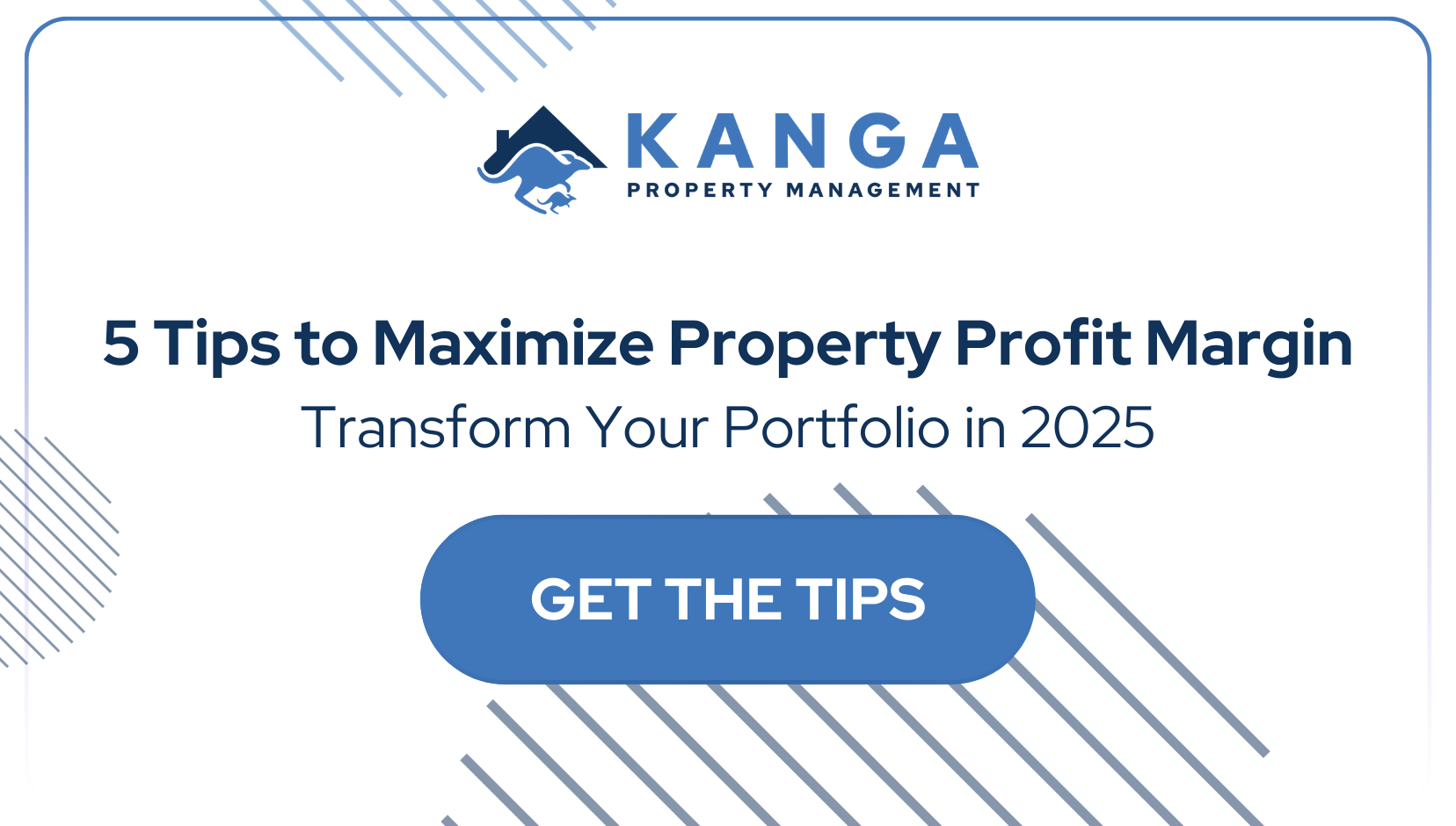
Moving House: Why Renting Your Home May be a Smart Move
If you are planning on moving and selling your home, take a step back and consider renting it out to a tenant or two. It can be a great way to have the home pay for itself while building your equity and financial security.
Why Should I Rent Instead of Selling?
Real estate can be an excellent way to generate additional income and wealth. However, a lot of individuals have a hard time getting into the real estate market as investors, because it takes quite a large sum of capital to purchase a property. If you already own a home and are choosing to move out, you can make a lateral move to using your home as an investment opportunity. It can become an income-producing property if you rent it out to a tenant. So much so, that it can cover the monthly mortgage payment while you earn the equity on the home.
Once the operating expenses of the property and the monthly mortgage payment are paid in full, the rent you charge the tenant becomes an alternative income stream of disposable cash. As long as you own the property, this alternate stream of income can serve as a way to diversify yourself and create financial stability.
What Kind of Expenses Are There With Renting Out a Property?
- You will need to pay the monthly mortgage payment. This can be covered by the rent income you charge your tenant(s).
- You will need to pay insurance premiums, property taxes, and purchase landlord insurance.
- You may need to pay fees to the homeowner’s association in your jurisdiction.
- Money will need to be set aside for repairs and routine maintenance. You will also need to set aside some money for property upkeep on things like the roof, water heater, air conditioner, and landscaping/paint.
- If you want a property management company to manage the home as a rental, you will need to pay an upfront fee (usually one month’s rent) and up to 10% of rental revenue.
Rental Income & Profitability?
There are easy ways to check the going market rate for rentals for your jurisdiction. Websites like Zillow or Realtor can help you nail down how much you can charge based on the size of the property. The profitability of the property is simply the revenue after expenses, which are tax-deductible. To calculate the profit margin, take income – expenses or use an online calculator.
So, Should You Rent Instead of Selling?
Renting your home out may be a smart financial move if you fit into the following.
- What the market outlook is like in 10-20 years. If the neighborhood will increase in value, rent. If not, sell now.
- If you are waiting for the market to rise, so you can sell for more, beware of capital gains. If it takes longer than 3 years, you can no longer claim the rental as your primary residence, which means you’ll need to pay out capital gains tax on the sale when it goes through. If you’re okay with this, rent.
- You can write off costs associated with renting and claim deductions for depreciation expenses, but you will need to pay income tax on the income generated from the property. Weigh the tax on the income versus the deduction/write-off amounts. If you can get more in deductions, consider renting.
- If you can make more money on returns by investing the final sale price in something else, sell the house. But make sure to factor in the agent fees for selling, closing costs, and any sales expenses. If the property can give you a larger, positive cash flow than the current market, rent it out .
If you have questions or need help navigating this topic, consult a real estate professional or property management firm.


